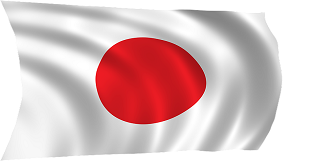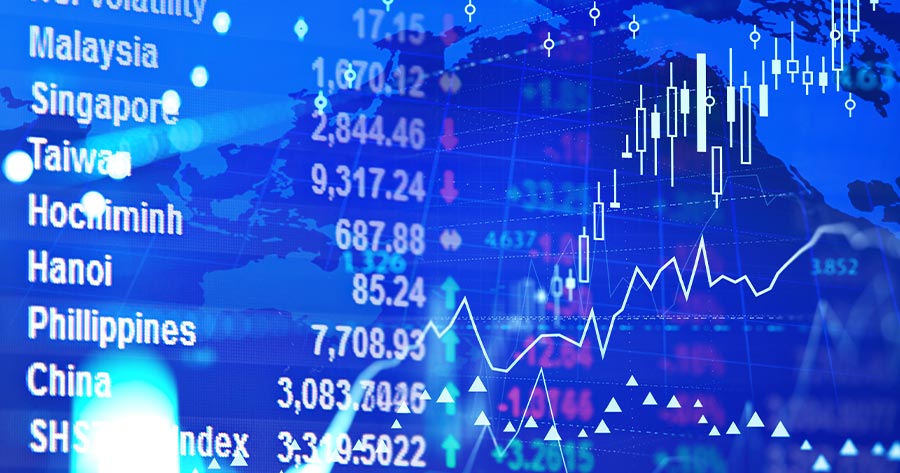Oil prices fell in Asian trade on Friday, extending losses from the previous session, as concerns about supply risks eased after the likelihood of a U.S. strike on Iran receded.
Brent was down 21 cents, or 0.3%, to $63.55 per barrel, while U.S. West Texas Intermediate fell 15 cents, or 0.3%, to $59.04 per barrel at 0418 GMT.
Both Brent and WTI rose to multi-month highs this week after protests flared up in Iran and U.S. President Donald Trump signalled the potential for strikes on the nation. Brent prices were still set for a fourth week of gains.
Late on Thursday, however, Trump said Tehran's crackdown on the protesters was easing, allaying worries about possible military action that could disrupt oil supplies.
Brent prices have given back earlier gains but remain higher than a week ago, with the decline in prices spurred by Trump's statement that he would hold off on military strikes on Iran, BMI analysts said in a note.
"Given the potential political upheaval in Iran, oil prices are likely to experience greater volatility as markets digest the potential for supply disruptions," they said.
Analysts remained bearish on expectations of longer supply in the market this year despite earlier OPEC expectations for a balanced market.
"Sentiment is driving markets, but the impact of headlines is always short-lived, especially when fundamentals look comfortable in the backseat," said Phillip Nova senior market analyst Priyanka Sachdeva.
"Despite the steady drumbeat of geopolitical risks and macro speculation, the underlying balance still points to ample supply ... unless we see a genuine revival in Chinese demand or a meaningful bottleneck in physical barrel flows, oil looks range-bound, with Brent broadly hovering between $57 and $67."
On Wednesday, OPEC said oil supply and demand would remain balanced in 2026, with demand rising in 2027 at a similar pace to growth for this year.
Oil giant Shell released its 2026 Energy Security Scenarios on Thursday, making a bullish case for energy demand and oil growth. The company estimated that primary energy demand by 2050 could be 25% higher than last year.
Source: tradingview






